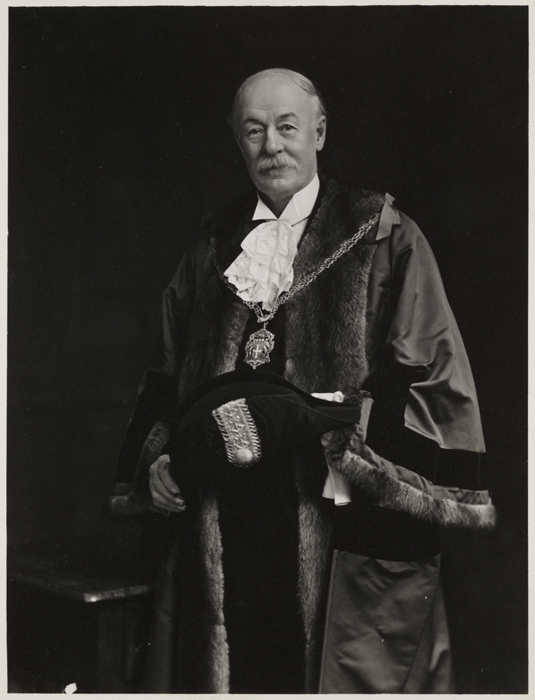 Some people really get the social web, what the web can do and what it can do for organisations. One of those is Euan Semple. His book 'Organisations Don't Tweet People Do' is one of the few social media books that take space on our bookshelf. We urge you to buy it. In this post he asks some key questions of local government.
Some people really get the social web, what the web can do and what it can do for organisations. One of those is Euan Semple. His book 'Organisations Don't Tweet People Do' is one of the few social media books that take space on our bookshelf. We urge you to buy it. In this post he asks some key questions of local government.
by Euan Semple
The problem is in the title isn’t it? Being an authority in a time when authority is being called into question by so many people in so many ways isn’t easy.
Authority used to rely on information asymmetry. You were either in the know or you weren’t. You either had access to controlled information or you didn’t.
Being an expert, or maintaining an official version of events through your authority, has never been harder in an age when information is available at everyone’s finger tips. Whether doctors facing patients who have been researching their ailments online, or roads management teams facing online databases of unfilled potholes, information availability has suddenly become symmetric and those in authority are understandably uneasy.
Let’s take education as an example. We all remember the boring teacher who simply trotted out facts or read the words straight from the blackboard. We also all remember the inspirational teachers who helped us understand for ourselves, helped us to learn, and fired us with enthusiasm. Given our ready access to information we need the former less and less but arguably need the latter more than ever. People who are good at encouraging engagement in topics or activities, who help people find their way around subjects and encourage them to take responsibility.
Could this be the role of our local authorities in the future? Rather than holding on to information and bearing the burden of decision making conferred by authority, couldn’t they get better at harnessing the increasing inclination being shown online for people to get involved in things and take responsibility for their futures? Watching my local town’s “Your Chesham” group on Facebook is fascinating. They are talking about all sorts of things like where to find tradesmen, what do to with stray dogs, when the refuse collections happen. It’s all there in its mundane detail. But so too are the discussions around the town fete, what it means to live in Chesham, what people think about Chesham’s future and what to do about it. The mayor is in there as are a number of councillors and it is fascinating to watch them connecting and reacting to this new coming together of people in their area.
Last year I tweeted “Is authority more important to those who wield it or those who defer to it?” Do we prefer to let our institutions do the hard work for us and complain about what they do or are we willing to step up and take more responsibility? Over the next few years we are going to see more and more institutions grappling with their new roles in an emerging connected civic world. What do we expect of those institutions? How do they continue to add value and be relevant? What does authority mean in the future and how will people achieve it?
'Organisations Don't Tweet, People Do' by Euan Semple is available in print and has just been published in audio book. He also blogs here.
